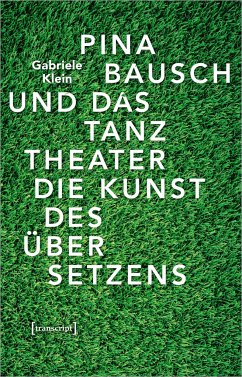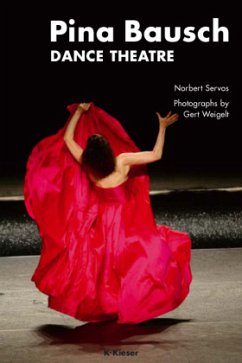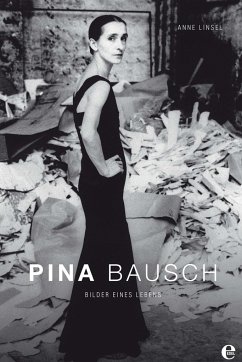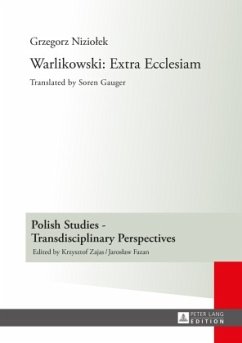
Pina Bausch and the Wuppertal Dance Theater
The Aesthetics of Repetition and Transformation
Versandkostenfrei!
Versandfertig in 6-10 Tagen
47,90 €
inkl. MwSt.

PAYBACK Punkte
0 °P sammeln!
This book embarks on an interdisciplinary study of dance theater, one that provides a deeper insight into contemporary performing arts. Ciane Fernandes combines Laban movement analysis and the writings of Jacques Lacan and Michel Foucault to investigate repetition in the works and creative process of Pina Bausch (b.1940), who is considered to be one of the most important choreographers of the twentieth century. This book examines repetition in Bausch's pieces as both method and subject, exploring its power in the metamorphosis of meaning. Repetition is used to subvert its own process of domina...
This book embarks on an interdisciplinary study of dance theater, one that provides a deeper insight into contemporary performing arts. Ciane Fernandes combines Laban movement analysis and the writings of Jacques Lacan and Michel Foucault to investigate repetition in the works and creative process of Pina Bausch (b.1940), who is considered to be one of the most important choreographers of the twentieth century. This book examines repetition in Bausch's pieces as both method and subject, exploring its power in the metamorphosis of meaning. Repetition is used to subvert its own process of domination over the body at aesthetic, cognitive, and social levels. The body simultaneously becomes natural and linguistic, experiential and automatic, personal and social, constantly repeating and transforming the history of its domination.












